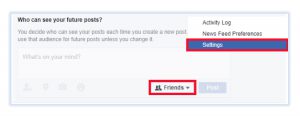Real-time Social Media Play
There are many strong benefits to using this approach in an exercise setting, including increased realism, universal accessibility, and the ability of players to gain experience and familiarity with real-world, hands-on social media tools and practices.
The effective use of social media is an essential element of a comprehensive emergency public information program. It is critical that social media plans and procedures be regularly tested in a robust and realistic exercise environment, with the goal of identifying what works well and what improvements may be necessary. As with all elements of an exercise, social media play must occur in a safe, controlled manner, to ensure that exercise communications are not mistaken for a real-world situation.
With guidance and assistance from NPAA staff, participants use exercise-specific accounts on native social media platforms (e.g., Facebook, Twitter, Instagram). To keep communications secure, these accounts are closed and protected so that exercise information is only visible to approved participants. Once these accounts are established, they can be used during exercises in the same way that agencies use their actual sites in a real event – to share information, gather intelligence, engage with the public, etc.
There are several benefits to using real social media platforms in exercises rather than proprietary software tools that only mimic existing sites. These benefits include: unparalleled realism, universal accessibility, no-cost, valuable, hands-on experience with real-world tools, and the ability to introduce new platforms as they gain currency within the emergency management community.



